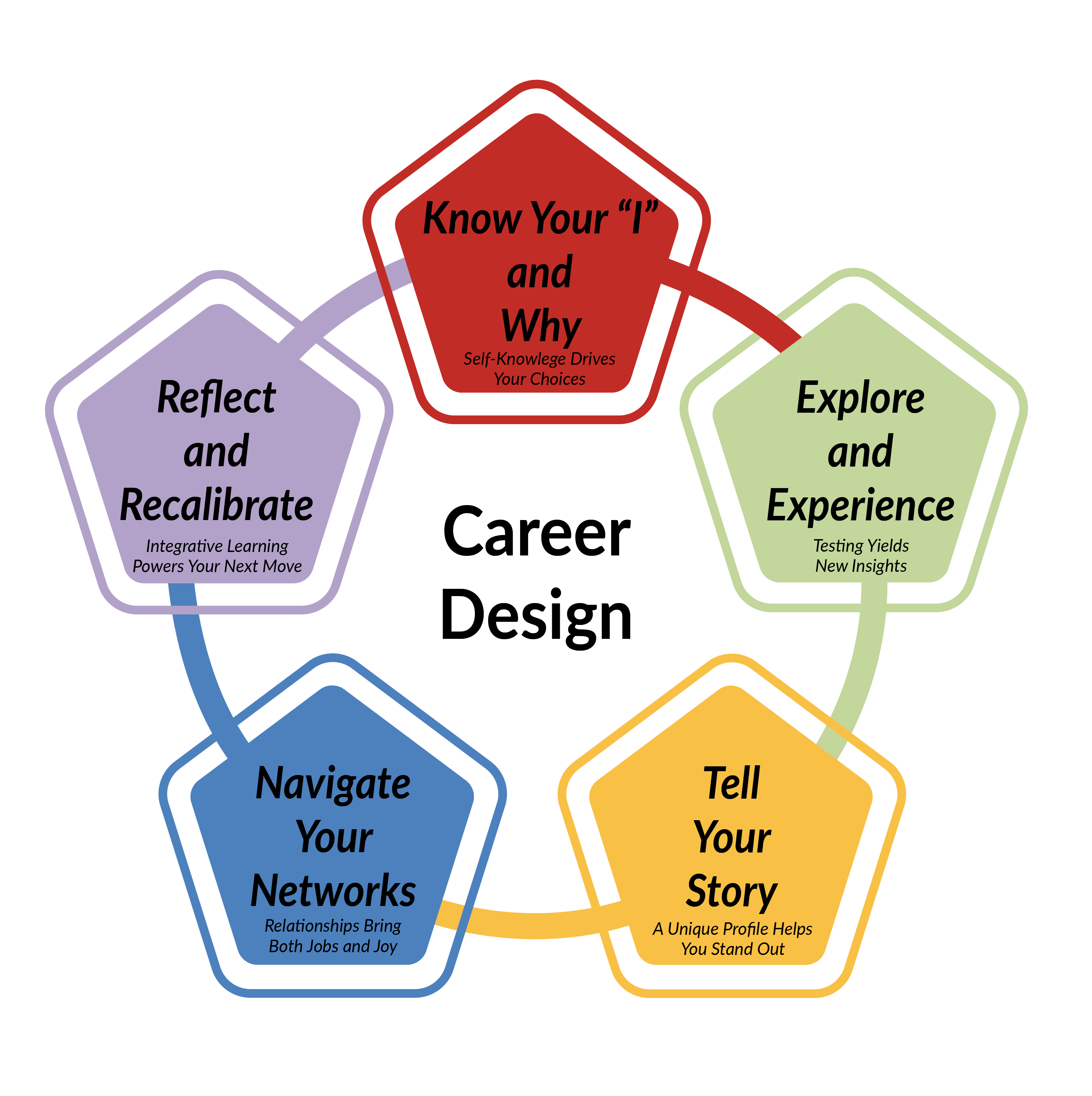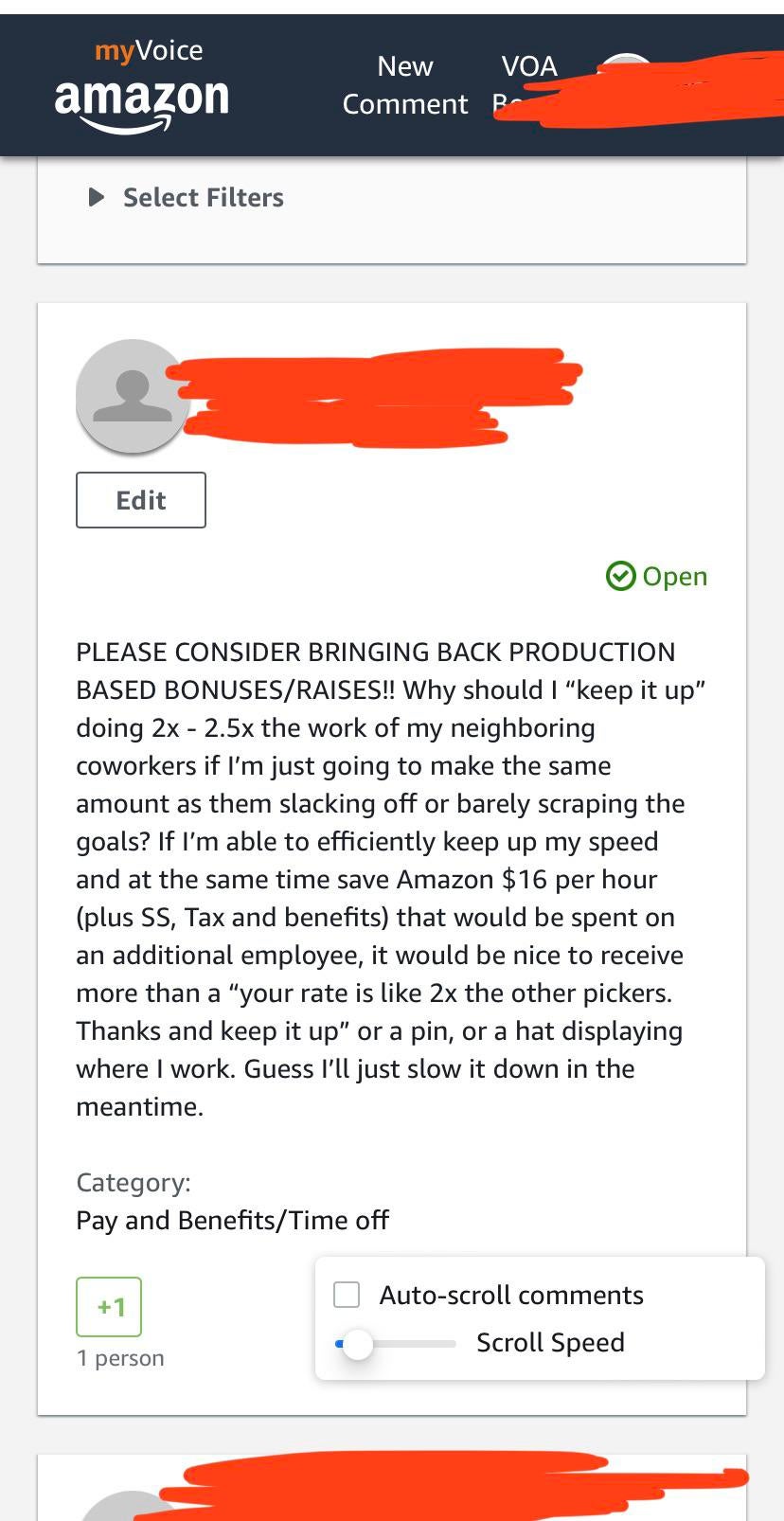
If you have been asked why you left a job, it can be difficult to know what to say and avoid lying. There are some tips to help you answer the question without scaring off recruiters. You should also consider framing your response to avoid scaring the recruiter off.
Answering a question about your reasons for leaving a job
Prepare a truthful answer when your interviewer asks why you quit the last job. You should be honest but not lie or mention negative aspects of your previous job. It doesn't suffice simply to say you quit because there were poor working conditions, low wages. They want to find out why you quit voluntarily, or why you were laid off.
It is important to convince the interviewer that your reasons are valid. In other words, you should not state that you left your last job because you love bees. It is not a good reason to say that you left your last job because you love bees. The interviewer should be convinced that your reasons are real and that your skills meet the requirements for the job.

Avoid lying during an interview
A lie in an interview can have serious consequences for future job offers, and your hiring history. Whether it is intentional or not, the interviewer will know if you are lying. It can also affect your professional reputation, particularly in your industry. You may find it hard to get new jobs or make connections with people if you have a poor reputation. As a result, it is better to refrain from lying in an interview if you want to increase your chances of landing a new job.
In general, honesty about your weaknesses is the best way to not lie in an interview. Most people won't admit to being poor at a particular skill and it would appear that they were lying. You can however admit that you don’t like riding with people. A little white lie is acceptable but not enough to admit your inability to work with others.
Preparing for a job interview after leaving a job
Even though you might feel overwhelmed or nervous about leaving your previous job, there are steps you can take to make it more manageable. You must keep a positive mindset. It is important to highlight the positive aspects of your previous job and to explain why you are excited to start a new position. It is important not to get emotional about leaving your previous job.
Remember that the interviewer will be trying to assess your ability adapt to new situations and team play skills. So avoid being contradictory. Employers can pick up on inconsistent language and harsh words. Although you may be able to talk about how much you have learned at your last job you now want to take on more responsibility. A course may help you prepare for an interview.

To avoid scaring away recruiters, you need to frame your answer.
Make sure to have a prepared answer in case you are asked why. It's important to be truthful, but don't tell the truth if you aren't motivated or feel bad. Instead, list at the least three reasons you left your job.
The interviewer won't want you to tell them that you have quit your job due to it being a bad fit. Instead, they will be looking for positive experiences and soft skill. The recruiter will likely be put off if you sound negative or don't feel passionate about the job. It's important that you are honest about your situation. However, your answer will be the first impression potential employers have of you.